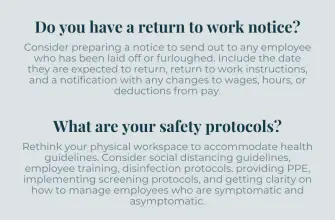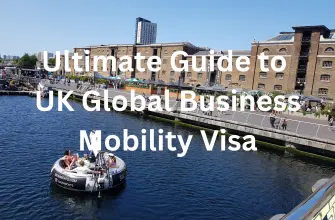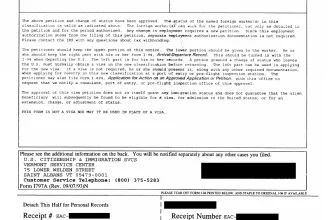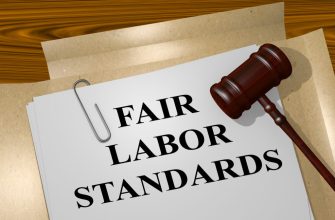Collective bargaining is a fundamental aspect of labour relations in the United Kingdom. It is a process where employers and trade unions negotiate to reach a collective agreement on terms and conditions of employment. This comprehensive guide aims to provide UK employers with a thorough understanding of collective bargaining, its benefits, and how to master the process. It will also delve into the rights of non-union members in the UK, the enterprise agreement negotiation process, and the definition of an enterprise agreement.
Understanding Collective Bargaining
Collective bargaining is a process where employers and trade unions negotiate to reach an agreement on terms and conditions of employment. This agreement, known as a collective agreement, covers a range of issues such as wages, working hours, training, health and safety, and grievance procedures. The bargaining model used in these negotiations can vary, but the goal is always to reach a mutually beneficial agreement.
Collective bargaining benefits both employers and workers. For workers, it can lead to improved working conditions, better pay, and a greater say in their workplace. For employers, it can lead to improved employee relations, increased productivity, and a more stable workforce.
Trade Union Recognition and Non-Union Members Rights in the UK
Trade union recognition is a crucial aspect of collective bargaining in the UK. It means that an employer has agreed to negotiate with a particular trade union on behalf of its employees. The process of gaining recognition can be complex and may involve a formal application to the Central Arbitration Committee (CAC).
Non-union members also have rights in the UK. They have the right to join a trade union and to be accompanied by a union representative at disciplinary or grievance hearings. They also have the right not to be discriminated against because they are not a member of a union.
Enterprise Agreement Negotiation Process
The enterprise agreement negotiation process is a key part of collective bargaining. It involves the negotiation of an enterprise agreement, which is a legally binding agreement between an employer and a trade union that sets out the terms and conditions of employment for a group of employees.
The process can take some time, depending on the complexity of the issues being negotiated and the willingness of both parties to reach an agreement. It typically involves a series of meetings between the employer and the trade union, where both parties present their proposals and counterproposals.
Mastering Collective Bargaining: A Management Strategy
Mastering collective bargaining requires a well-thought-out management strategy. This should include understanding the bargaining model, preparing thoroughly for negotiations, and being willing to compromise.
- Understanding the bargaining model: There are several bargaining models that can be used in collective bargaining, including distributive bargaining, integrative bargaining, and attitudinal structuring. Understanding these models can help employers to negotiate more effectively.
- Preparing for negotiations: Preparation is key to successful negotiations. This includes understanding the issues, knowing what the union wants, and being clear about what the employer is willing to offer.
- Being willing to compromise: Collective bargaining is a process of give and take. Employers need to be willing to compromise in order to reach an agreement.
Conclusion
Collective bargaining is a vital part of labour relations in the UK. It provides a framework for employers and trade unions to negotiate and reach agreements on terms and conditions of employment. Mastering collective bargaining requires a thorough understanding of the process, a well-thought-out management strategy, and a willingness to compromise. By doing so, employers can reap the benefits of improved employee relations, increased productivity, and a more stable workforce.










